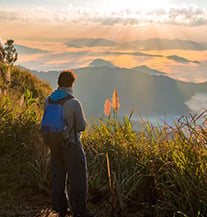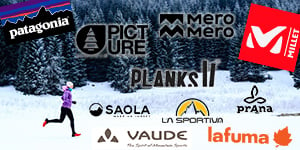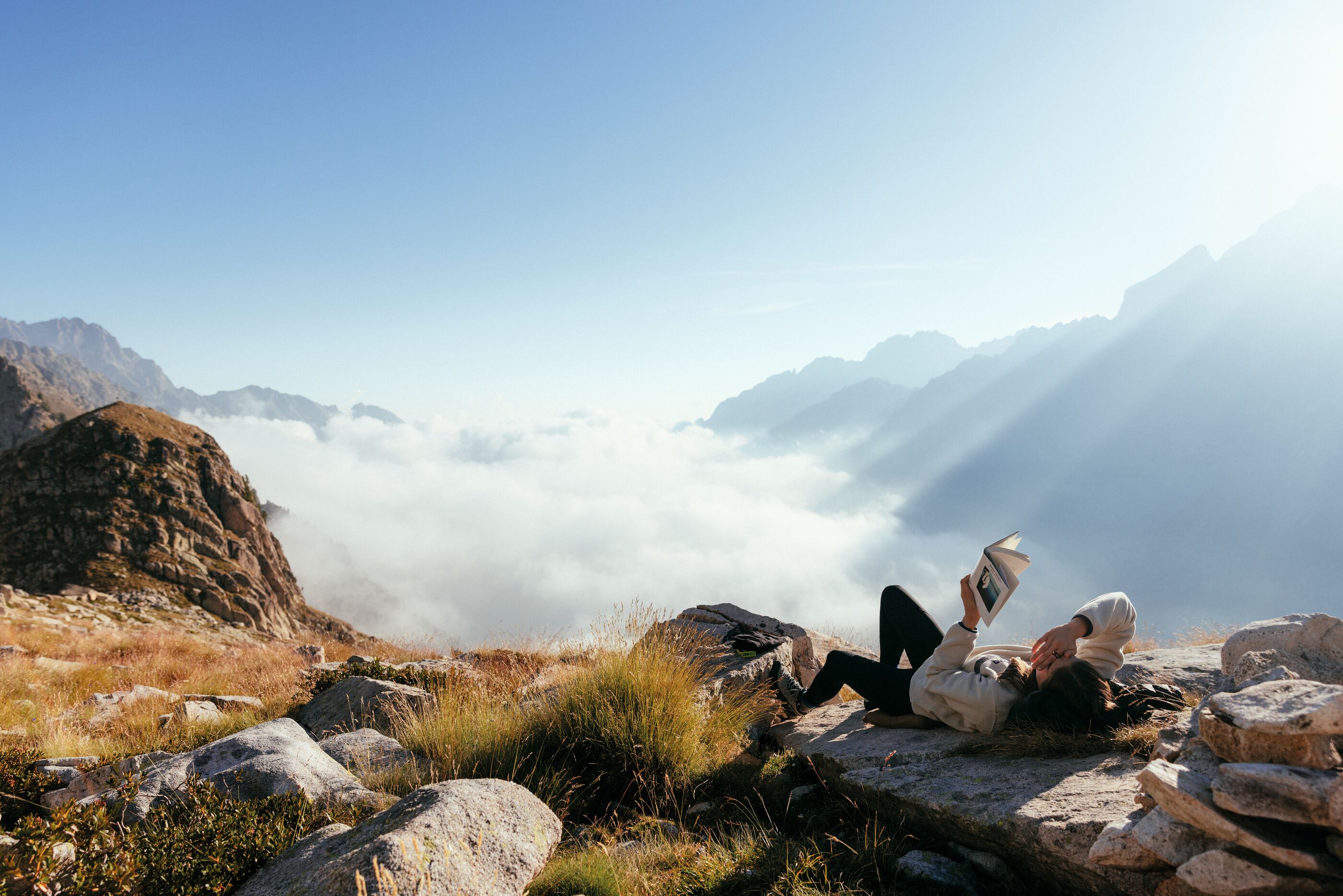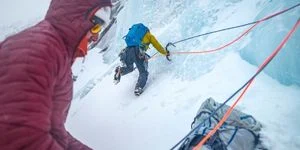-
MenuBack
-
Our Sports
-
-
-
-
-
- Hiking clothes
-
- Hiking caps
- Hiking hats
- Hiking socks
- Men's hiking jackets
- Men's hiking pants
- Men's hiking T-shirts
- Men's Softshell Jacket
- Women's hiking jackets
- Women's hiking pants
- Women's hiking T-shirts
- Women's Softshell Jacket
-
-
-
-
-
-
-
-
- Trail shoe
-
-
-
- Trail clothing
-
- Men's tank tops
- Men's trail jackets
- Men's trail shorts
- Men's trail T-shirts
- Men's trail tights
- Men's windproof jackets
- Trail caps
- Trail socks
- Women's tank tops
- Women's trail jackets
- Women's trail shorts
- Women's trail T-shirts
- Women's trail tights
- Women's windproof jackets
-
-
-
-
-
-
-
- Mountaineering Clothing
-
- Climbing gloves
- Men's fleeces
- Men's Softshell Jacket
- Men's winter pants
- Women's fleeces
- Women's Softshell Jacket
- Women's winter pants
-
-
-
-
-
-
-
- Climbing clothes
-
- Climbing gloves
- Men's climbing pants
- Men's climbing T-shirts
- Men's Softshell Jacket
- Women's climbing pants
- Women's climbing T-shirts
- Women's Softshell Jacket
-
-
-
-
-
-
-
-
- Bike clothing
-
- Bike cap
- Bike gloves
- Bike socks
-
-
-
-
-
-
-
- Mountain bike clothing
-
- Bike cap
- Bike gloves
- Bike socks
- Men's cycling jacket
- Men's cycling shorts
- Men's cycling shorts
- Women's cycling jacket
- Women's cycling shorts
- Women's cycling shorts
-
-
-
-
-
-
-
-
- Running clothes
-
- Women's technical bra
- Running socks
- Trail caps
- Men's trail jackets
- Women's trail jackets
- Women's trail shorts
- Men's trail shorts
- Men's trail T-shirts
- Women's trail T-shirts
- Men's tank tops
- Men's windproof jackets
- Women's windproof jackets
-
-
-
-
-
-
-
- Lifestyle clothing
-
- Lifestyle Caps
- Lifestyle Gloves
- Lifestyle socks
- Men's shirts
- Men's summer pants
- Women's summer pants
- Men's sweatshirts
- Women's sweatshirts
- Men's Lifestyle T-shirts
- Women's lifestyle T-shirts
- Men's winter jackets
- Women's winter jackets
-
-
-
-
-
-
-
-
- Ski clothing
-
- Children's fleece
- Children's ski pants
- Men's fleeces
- Men's Softshell Jacket
- Women's fleeces
- Women's Softshell Jacket
-
-
-
-
-
-
-
- Cross-country ski clothing
-
- Men's fleeces
- Men's Softshell Jacket
- Ski touring gloves
- Ski touring socks
- Women's fleeces
- Women's Softshell Jacket
-
-
-
-
-
-
-
- Cross-country ski clothing
-
- Cross-country ski gloves
- Cross-country socks
- Men's lightweight down jacket
- Men's Softshell Jacket
- Women's lightweight down jacket
- Women's Softshell Jacket
-
-
-
-
-
-
-
- Snowboard clothing
-
- Men's Alpine ski jackets
- Men's alpine ski pants
- Men's fleeces
- Men's ski jacket
- Men's Softshell Jacket
- Women's Alpine ski jackets
- Women's alpine ski pants
- Women's fleeces
- Women's ski jacket
- Women's Softshell Jacket
-
-
-
-
Shoes
-
-
-
-
Snow shoes
- Après Ski
- Gaiters
- Shoe chains
- Winter boots
-
Snow shoes
-
- Ski boots
-
- Ski touring boots
-
-
Cross-country ski boots
- Classic
- Skating
-
Cross-country ski boots
-
- Snowboard Boots
-
- Canyoning shoes
-
-
-
-
Hiking shoes
- Hiking boots
- Low hiking shoes
- Hiking sandals
- Flip-flops
- Hiking shoe accessories
- Insoles for hiking boots
-
Hiking shoes
-
-
Mountaineering shoes
- Approach Shoes
- Mountain boots
- Mountaineering boots
-
Mountaineering shoes
-
- Trail shoe
-
-
Running shoe
- Running shoes
- Sandal recovery
- Shoe sole
-
Running shoe
-
-
-
-
Climbing shoes
- Lace-up climbing slipper
- Velcro climbing shoes
-
Climbing shoes
-
-
Bicycle shoes
- Boa cycling shoe
- Classic cycling shoe
- On shoes
-
Bicycle shoes
-
-
Mountain bike shoes
- Boa MTB shoe
- Classic MTB shoes
-
Mountain bike shoes
-
-
Lifestyle shoes
- Flip-flops
- Lifestyle shoes
- Sandals
- Slippers
- Sneakers
-
Lifestyle shoes
-
-
-
-
Clothing
-
-
-
Winter Clothing
-
Trail Clothing
-
-
-
Outdoor Clothing
-
-
-
Lifestyle Clothing
-
-
-
-
-
Winter Clothing
-
Trail Clothing
-
-
-
Outdoor Clothing
-
-
-
Lifestyle Clothing
-
-
-
-
-
Winter Clothing
-
-
-
Outdoor Clothing
-
-
-
Lifestyle Clothing
-
-
-
-
-
-
Brands
-
- Sale
- About us
- Blog
-
Eco-Friendly
-
Patagonia men's clothing - at the best price

Find our Patagonia selection - Men's clothing - Women's clothing - Fashion clothing - Express delivery
Patagonia: a climbing story.
Patagonia's founder, Yvon Chouinard, an avid climber, created the brand after realizing, during his various trips and climbing sessions, that there were no hard-wearing garments adapted to climbing and mountaineering.rents and climbing sessions, that there wasn't really any hard-wearing clothing suitable for climbing and mountaineering.Then, by chance, he discovered rugby T-shirts, which were very strong and resistant, as well as being colorful! He started wearing them to finally have clothes that would last over time, his friends asked for them and little by little Patagonia was born. To be exact, Patagonia was born in California, in 1972. Patagonia 's DNA was first to be found in the climbing world, offering technical products adapted to climbing and/or mountaineering. It was only a few years later that Patagonia diversified into other universes, such as surfing and hiking.
Today, Patagonia offers technical, innovative and eco-responsible products.
Patagonia's commitment to environmental protection
Ever since the 1980s, the brand has been concerned about the impact we can have on the planet, and has made a commitment to the environment and the protection of nature through various actions, such as environmental campaigns, the use of 100% organic cotton (by using organic cotton, Patagonia saves water and reduces its CO² emissions by 45% compared to conventional cotton), recycled polyester (1st brand to manufacture fleeces from recycled plastic bottles.Today, Patagonia donates 1% of its annual sales to environmental associations: 1% For The Planet.
In addition to this financial involvement, Patagonia provides in-kind support to these environmental associations: whether through products, skills, help with their communications, social networks, by giving them the benefit of its press agency, etc... Since last autumn, Patagonia Action Workswas created, a platform that uses Patagonia's networks to put NGOs in touch with its community in the form of events, petitions or skills donations.
Their involvement is such that it is also reflected in their baseline: "We're in business to save our home planet*". Patagonia's goal is to be carbon neutral by 2025.







































.jpg)
.jpg)
.jpg)




.jpg)
.jpg)
.jpg)
.jpg)
.jpg)